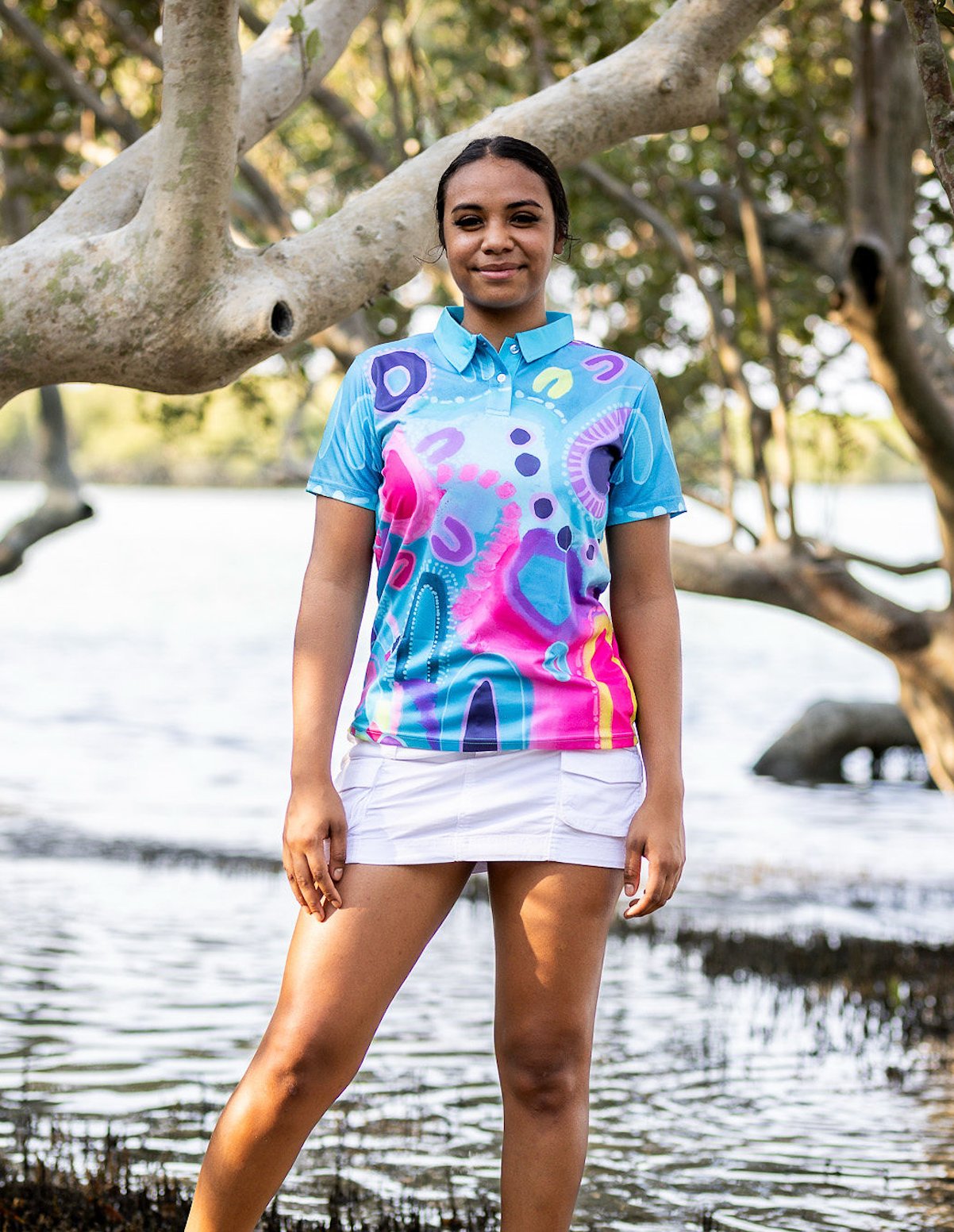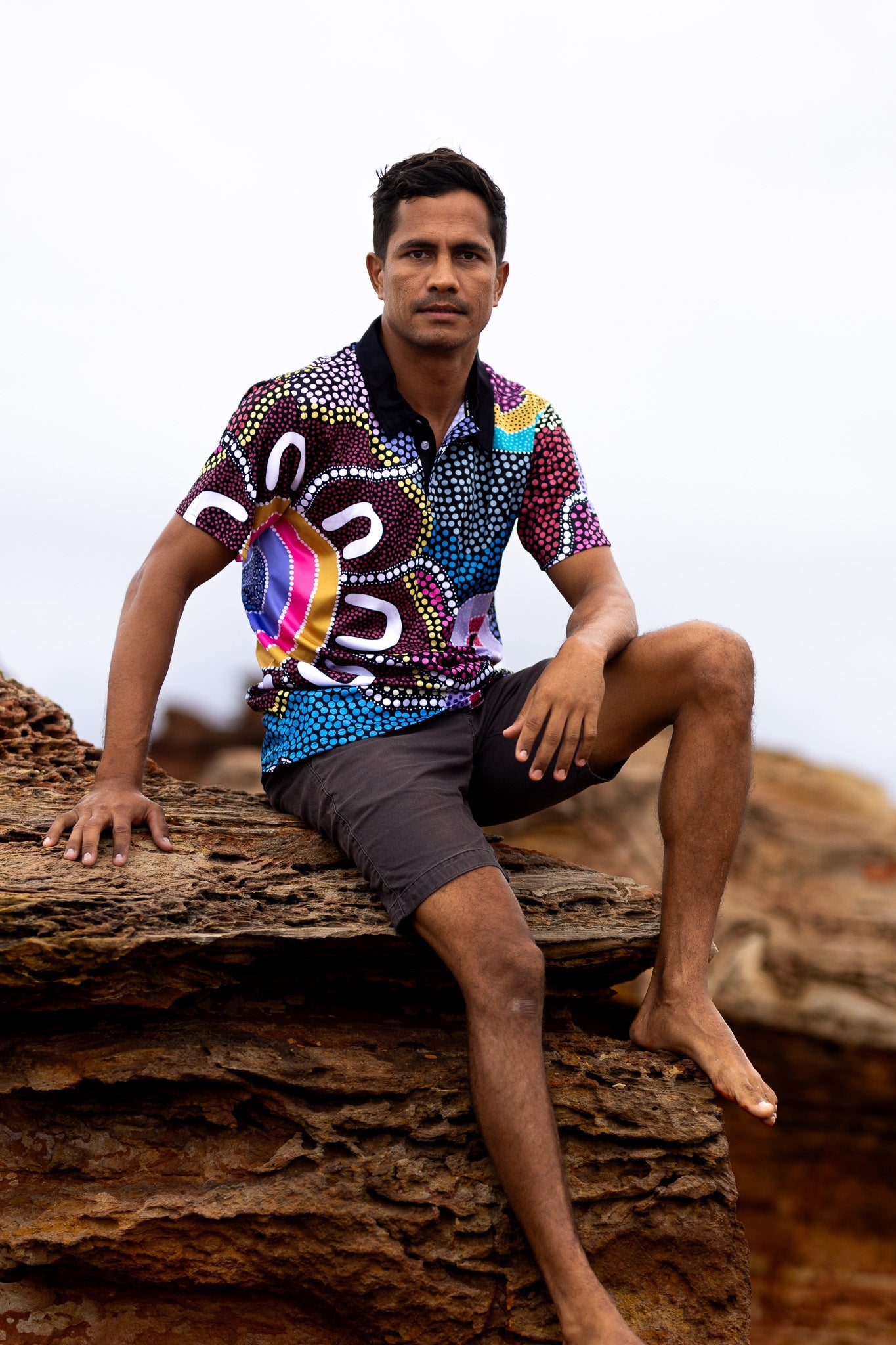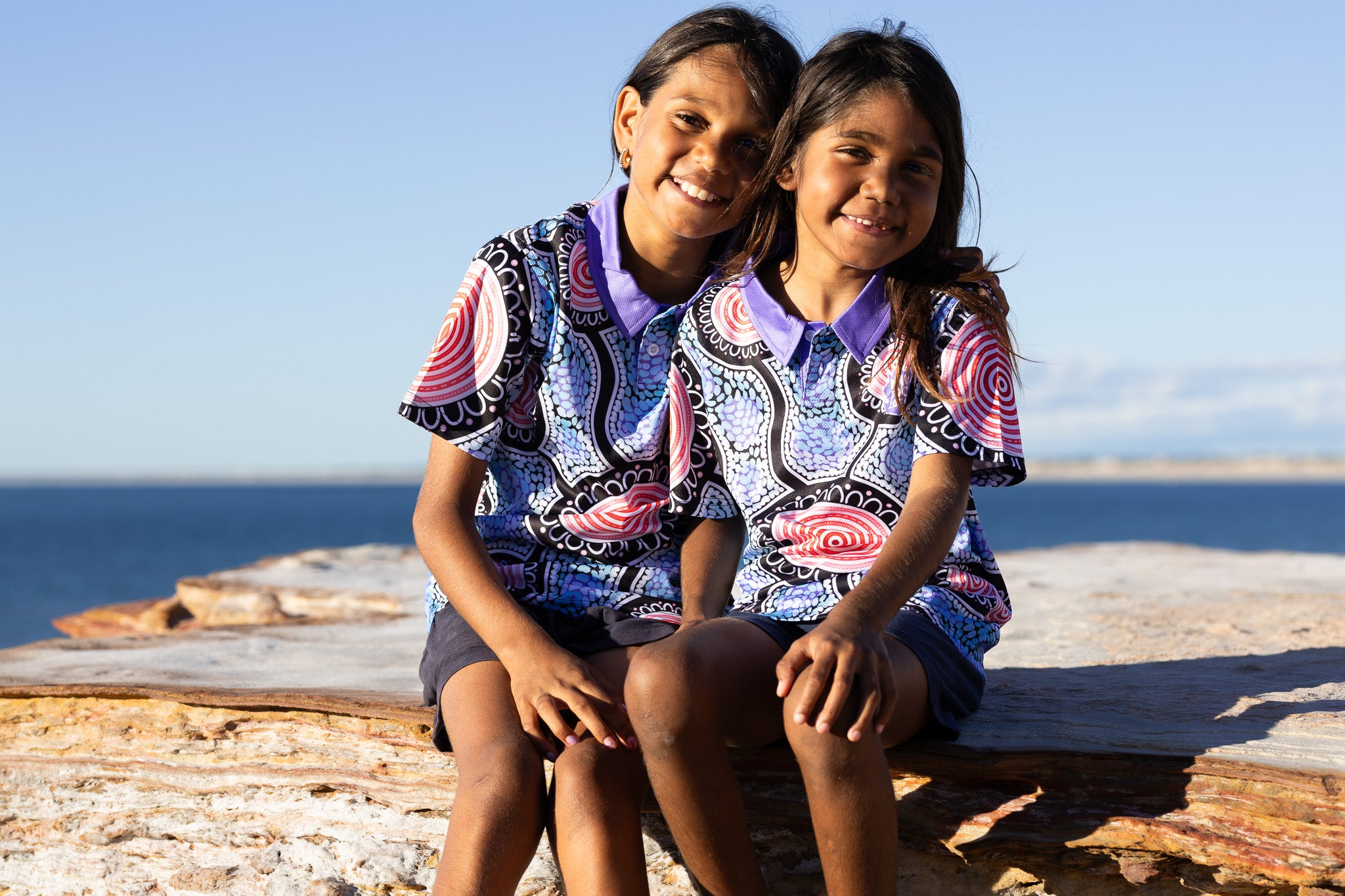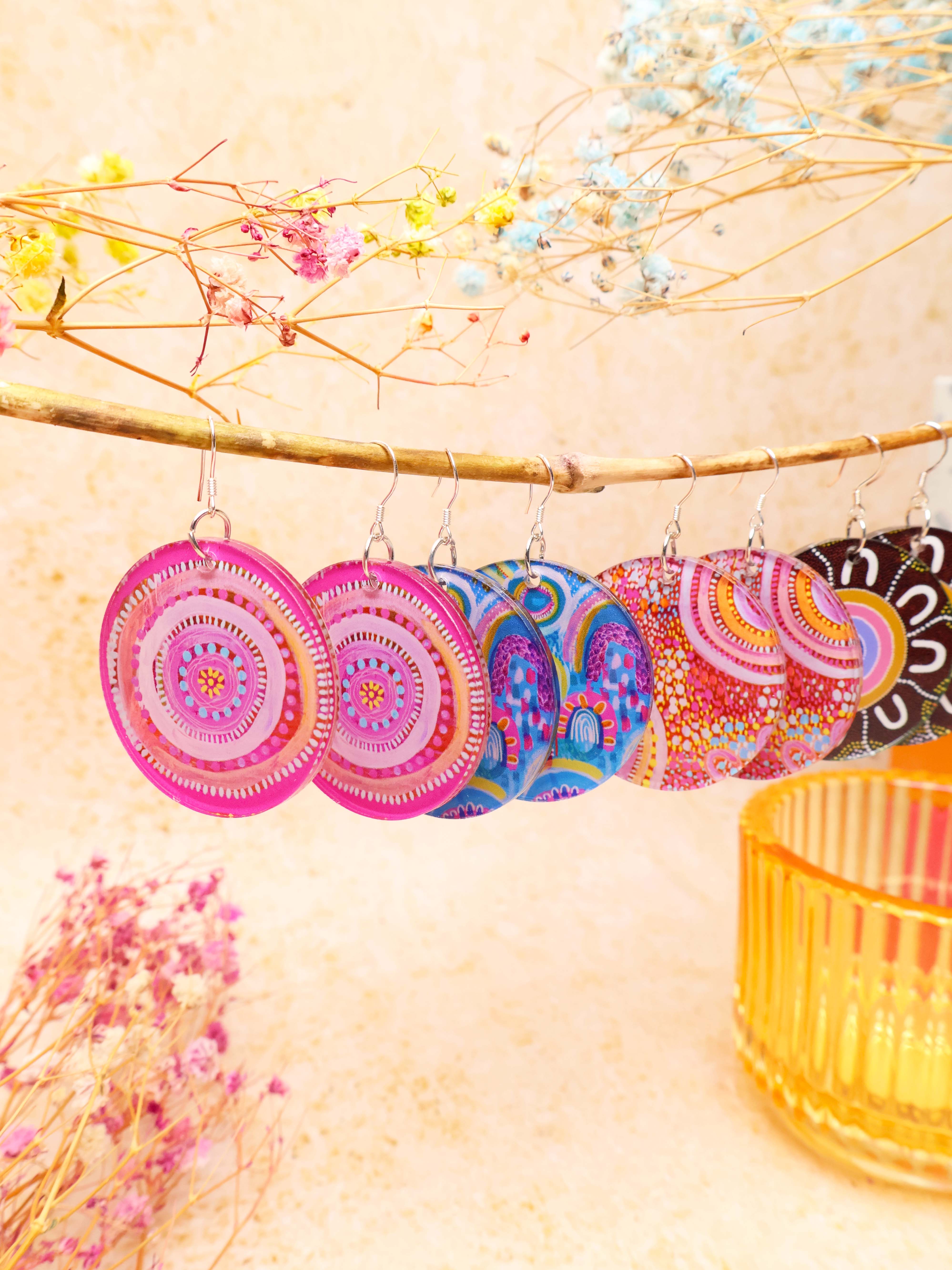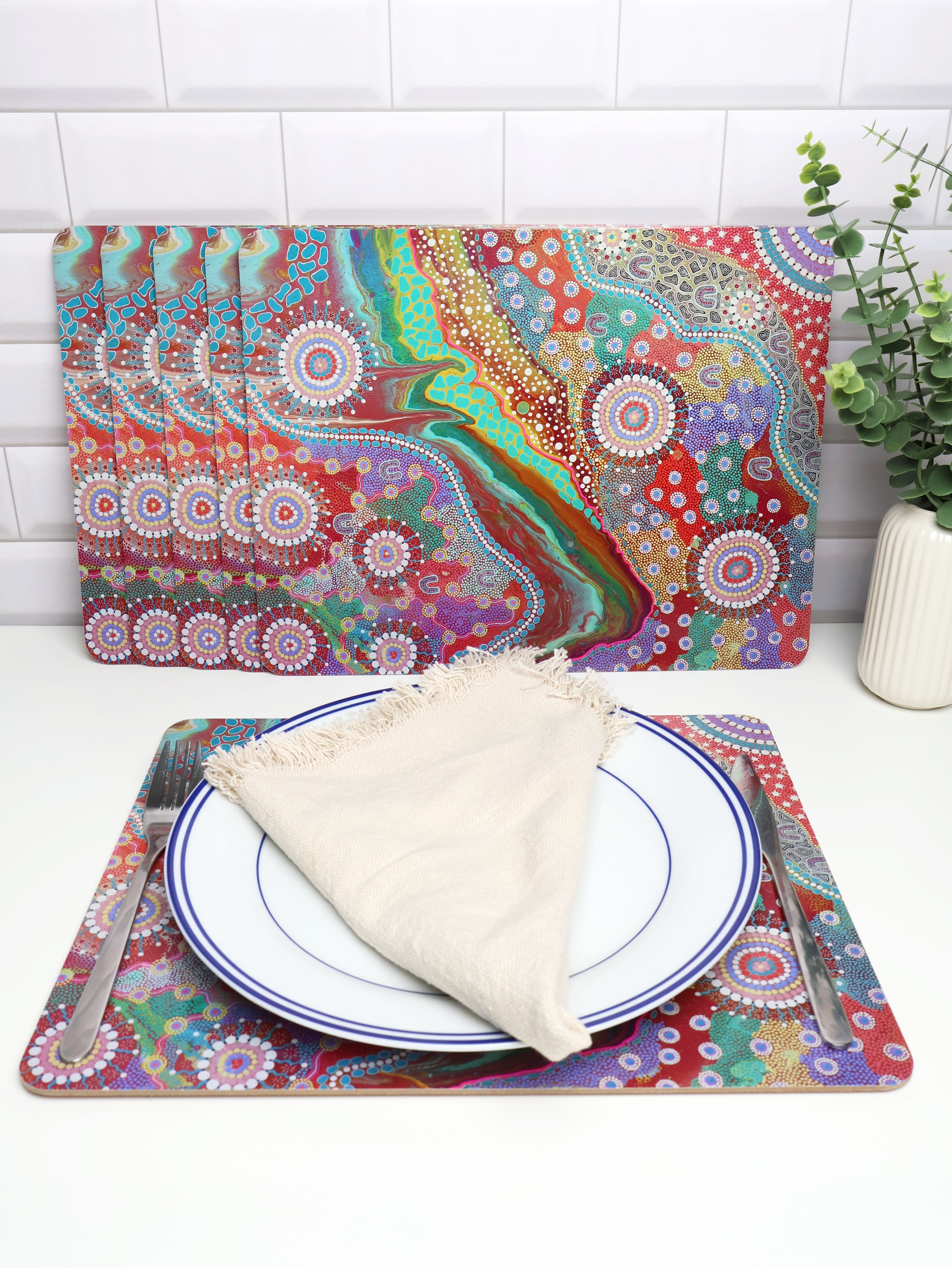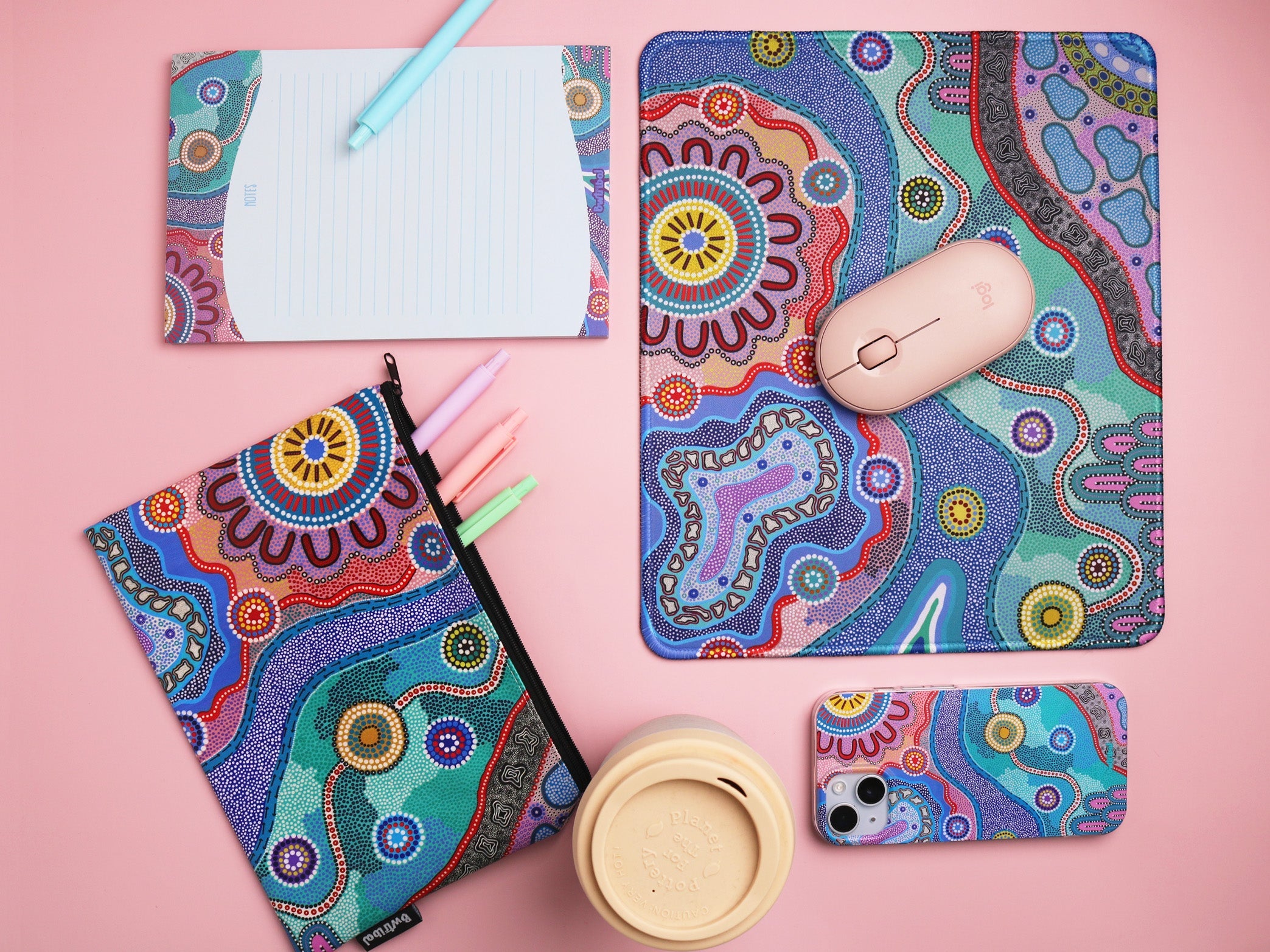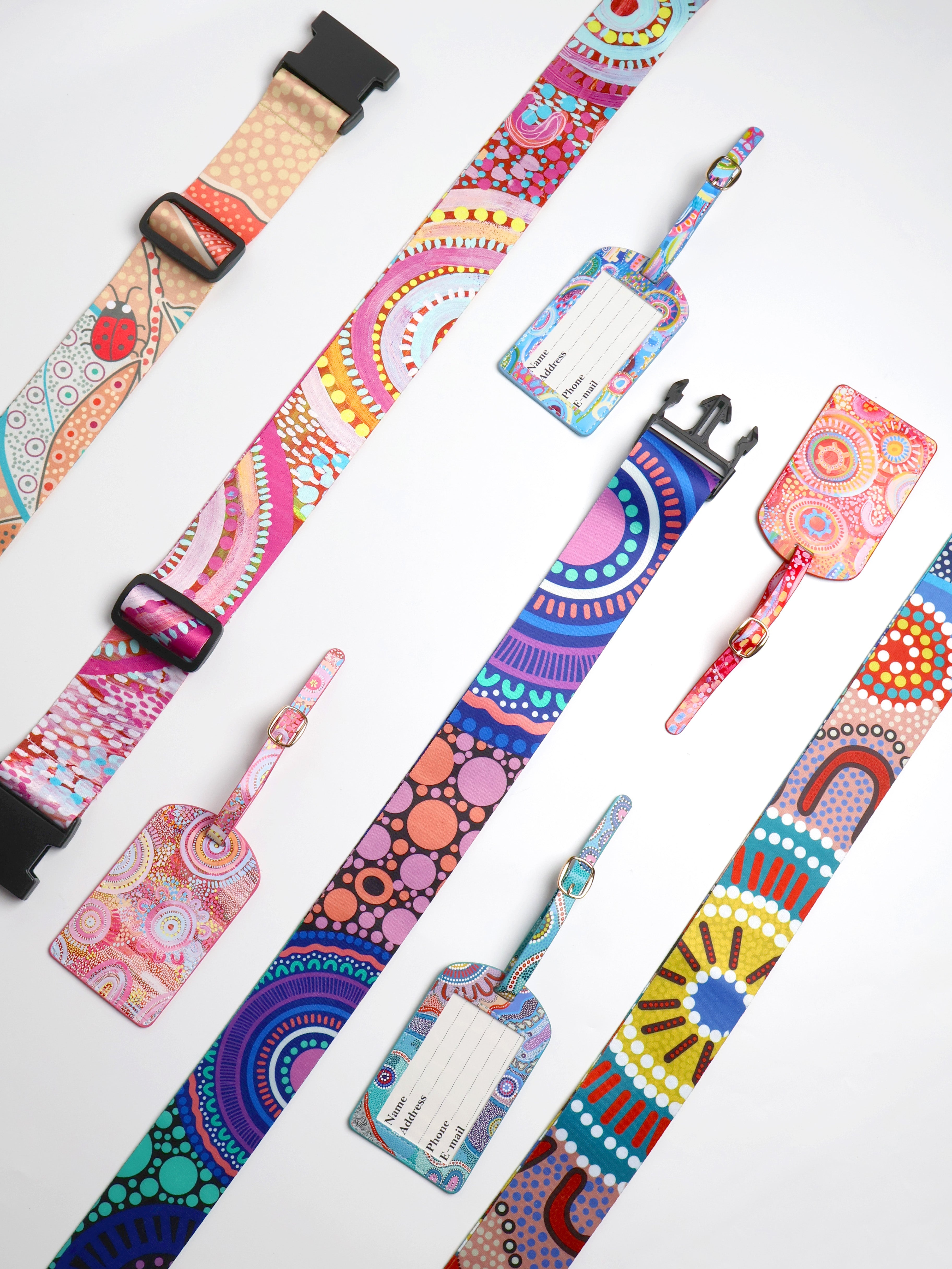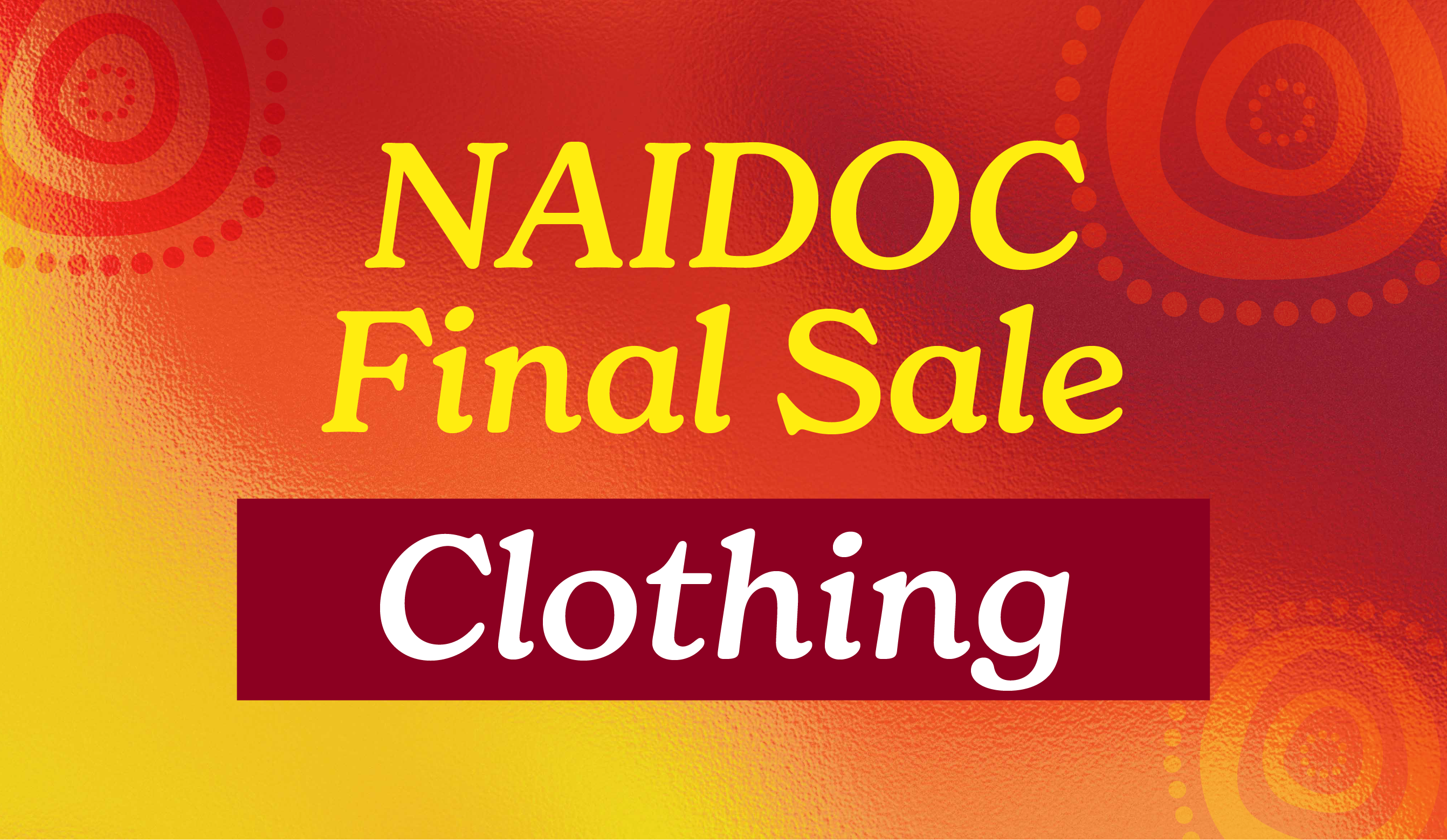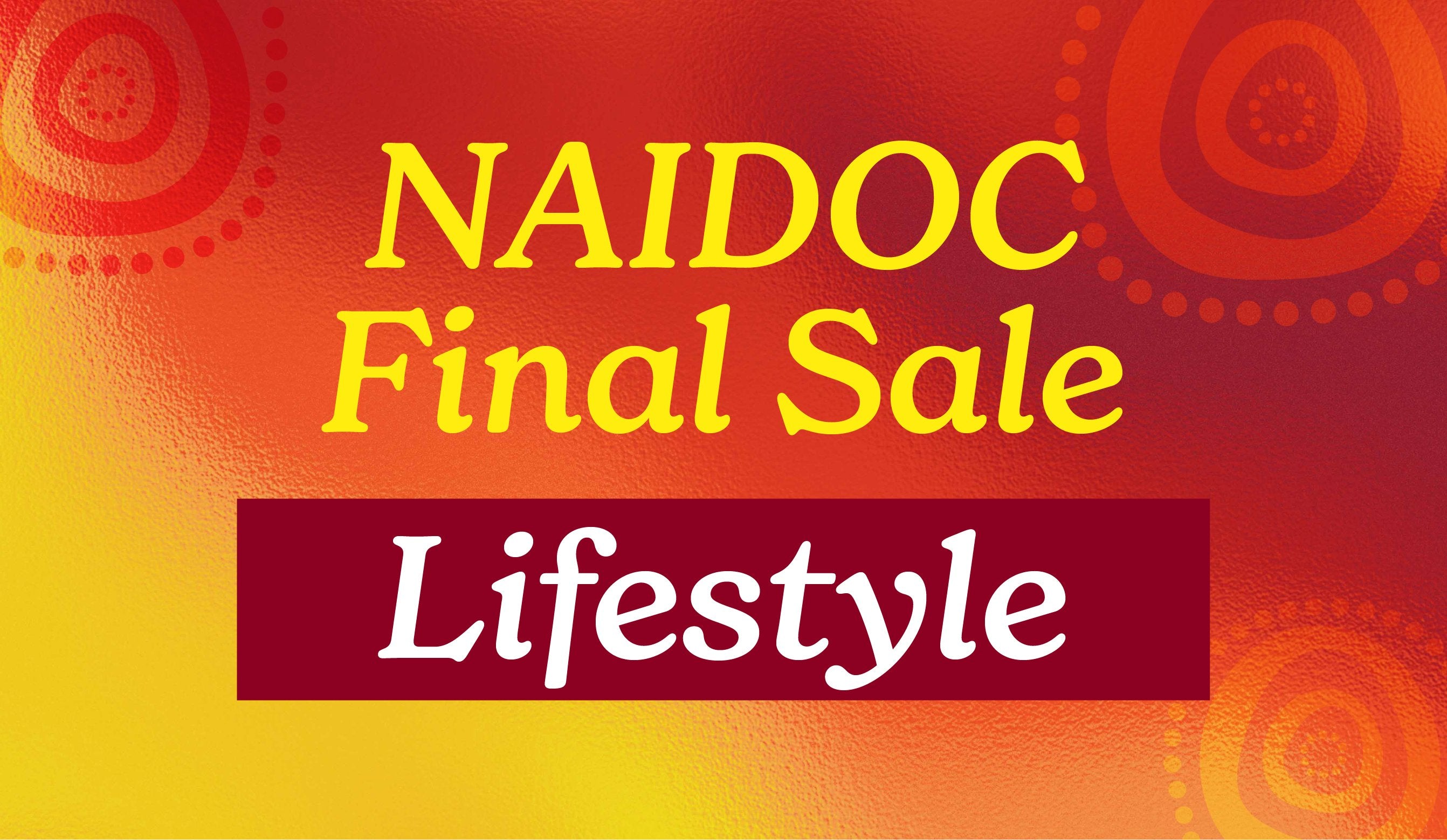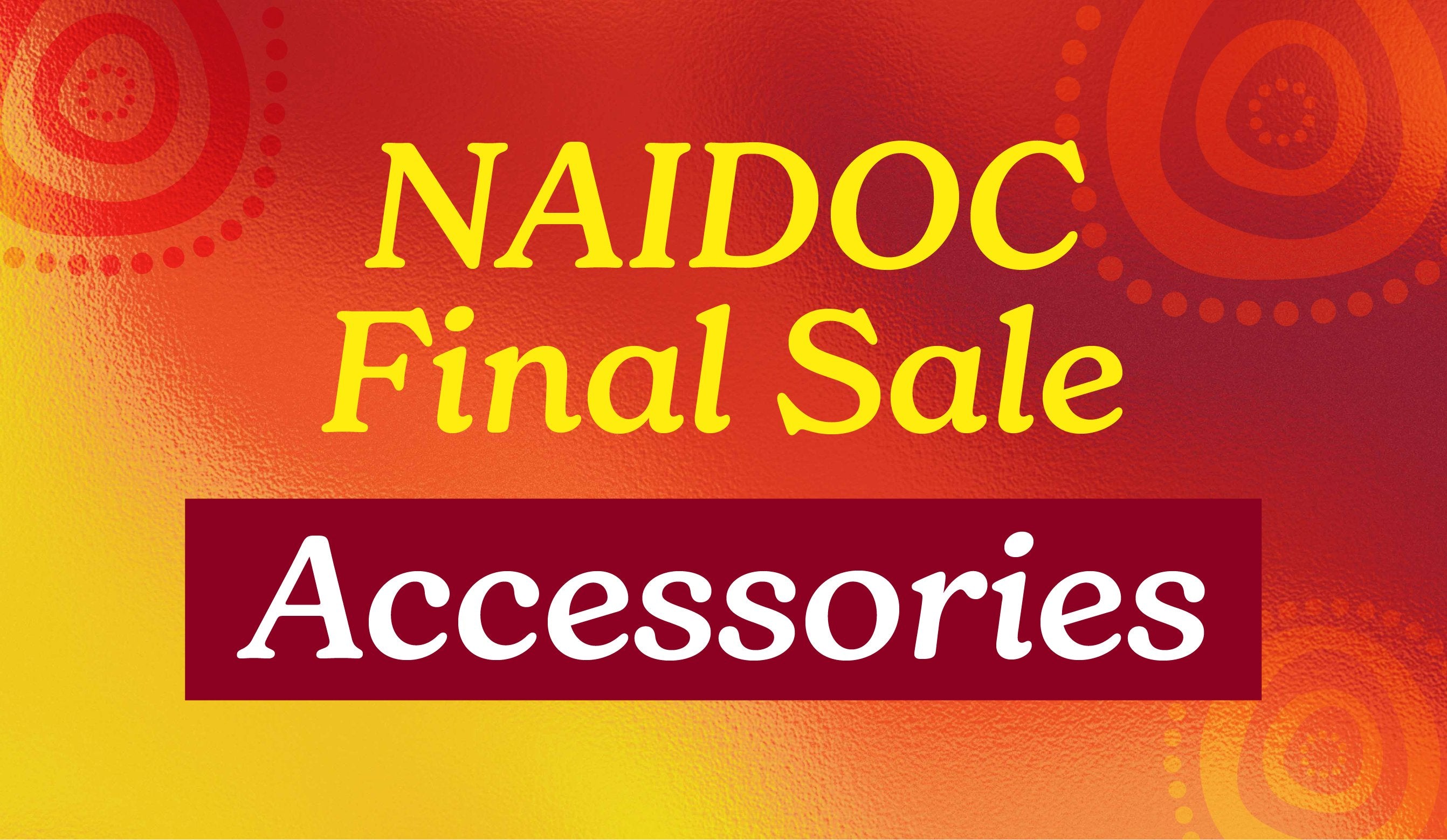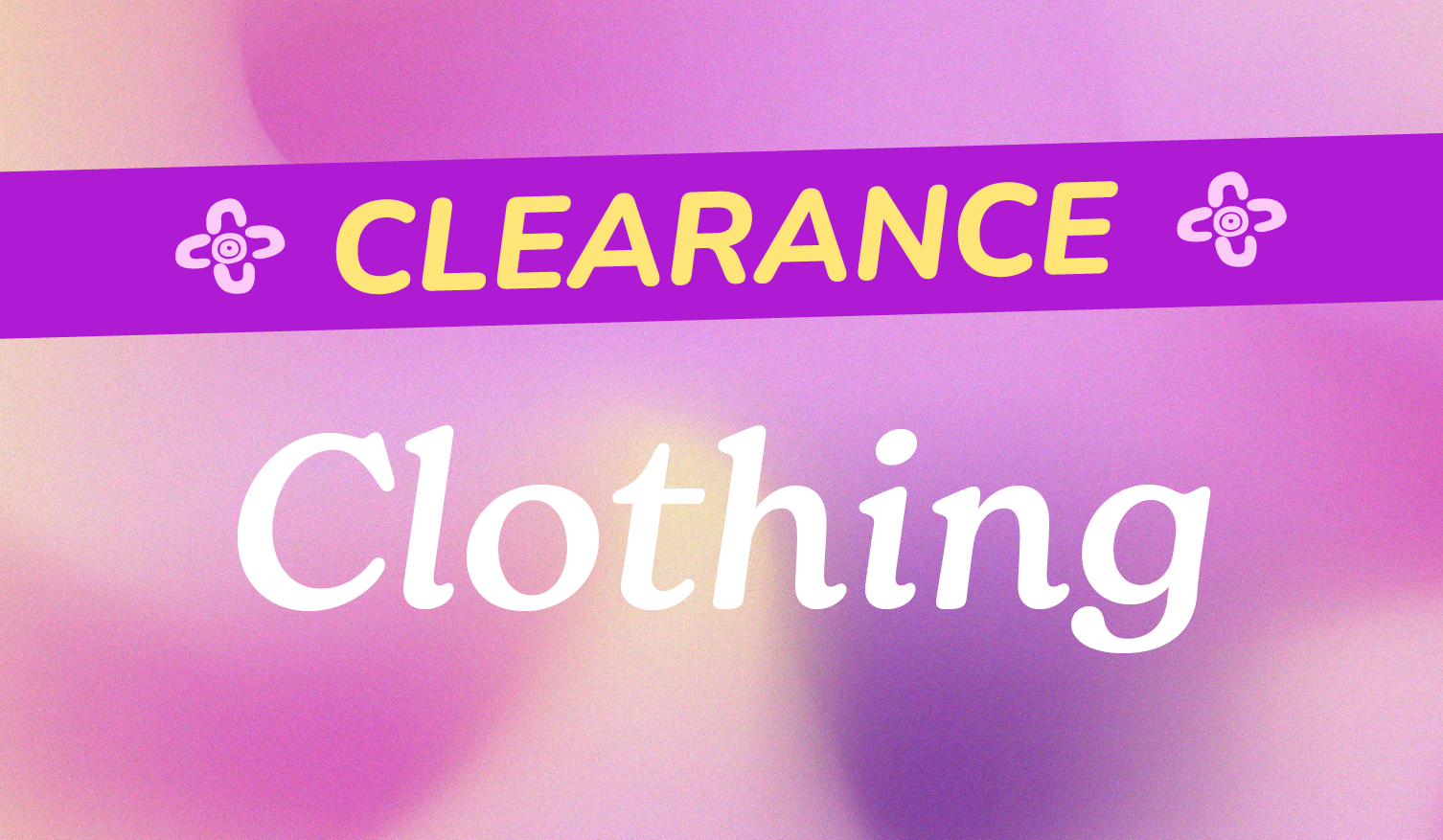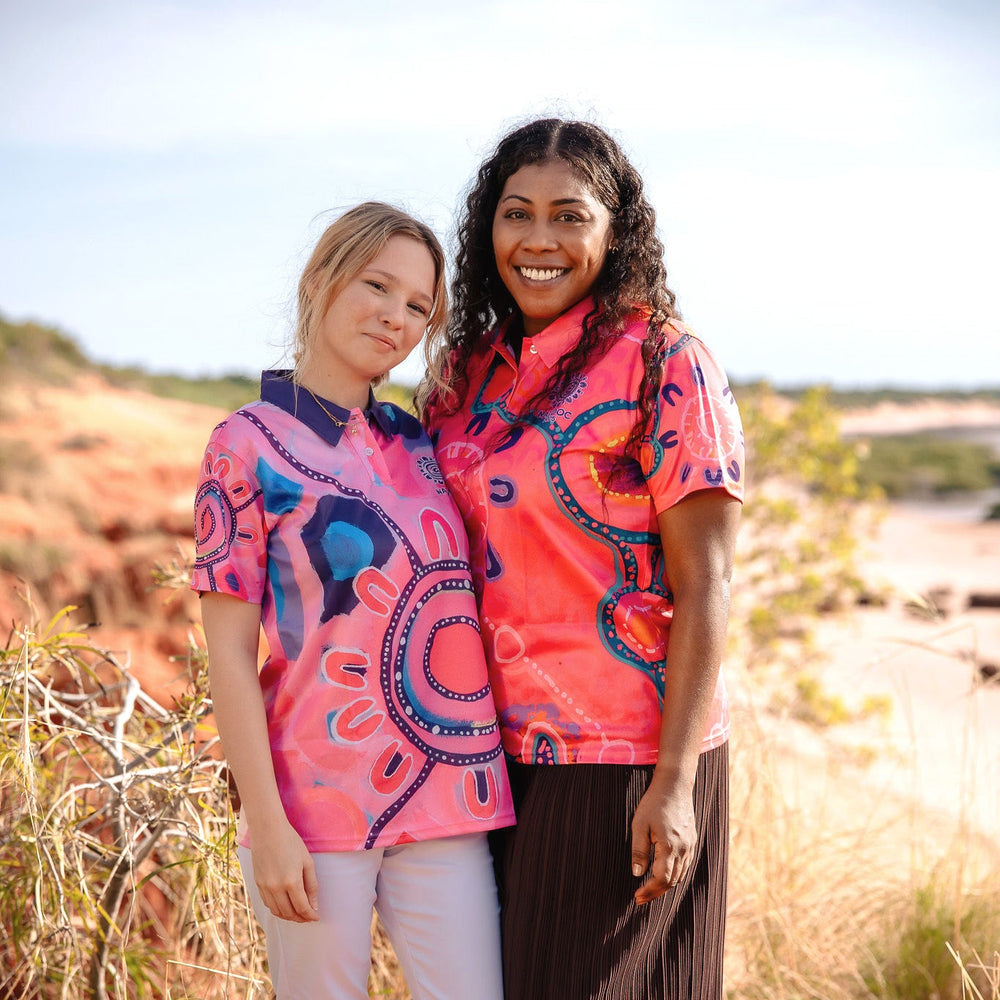Get 10% off
Sign up to your VIP newsletter & get 10% off your first order!
Be the first to get exclusive access to deals, limited releases and pre-orders only available for our VIP Newsletter subscribers.
BW Tribal acknowledges the Quandamooka People, the Traditional Custodians of the lands, waters and seas where we stand today. We recognise and celebrate the diversity of Indigenous people and their enduring cultures and connections to Country. We pay our respects to Elders, past, present and emerging, and recognise the Indigenous people that contribute immensely to the development of this resource.





